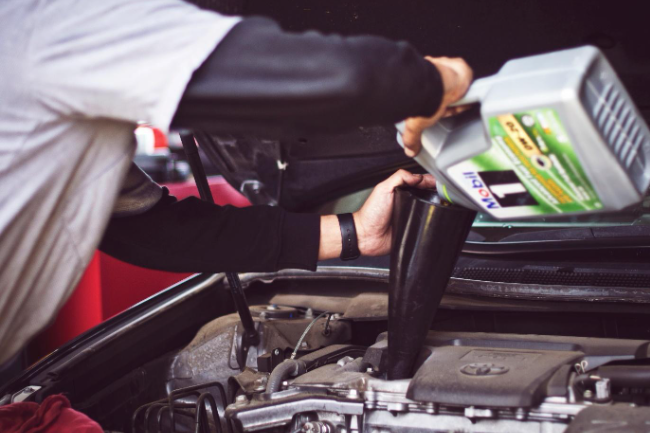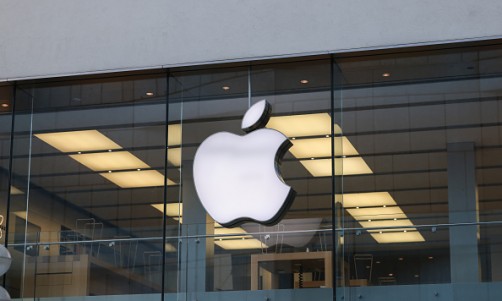Making the initial purchase is only the first financial outlay required when owning a car. Maintenance is ongoing throughout a vehicle's life and keeping a car running safely and efficiently can become increasingly costly.
That doesn't mean costly and unexpected repairs need to be seen as an unfortunate inevitability. There are many things a car owner can do to help prevent excessive bills and overpriced repairs.
What can go wrong?
Tires need to be replaced regularly for any vehicle to stay safe, efficient, and comply with regulations. Oil, brake fluid, and brake pads should also be checked and replaced whenever running low or wearing down.
Car batteries should last for several years but will require close monitoring in later life. Other common failures come from air filters, coolant, transmission and power-steering fluids, spark plugs, belts, and hoses.
In the end, a car is made up of moving parts and any moving part can fail. If fluid levels and general wear and tear are left unchecked this can cause bigger, and more expensive, problems.
Tips to keep repair costs down
-
Tires
All five tires on an average car, including the spare, are legally required to be in a safe roadworthy condition. If they become damaged, or treads wear below the regulation depth, they must be replaced immediately.
Regular checks, alongside keeping each tire properly inflated, can help maximize the lifespan of tires. Another great tip is to take a tire lease or payment plan with a trusted dealer such as Tire Agent.
This way you will be prepared when your tires require replacing with no large or unexpected one-off expenses. It will also keep your car running safely and more efficiently on every journey you make.
-
Oil
Spending $25 on a can of oil might seem like an expensive purchase when a car is running well. While you can't see it, oil is protecting your engine and is essential for keeping its moving parts working.
Keeping oil topped up and changing it every 5,000 miles (or at the manufacturer's recommendation), can prevent bigger issues. Replacing a broken engine because there wasn't oil to keep it from wearing will cost a lot more than $25.
-
Battery
While a car battery itself should last several years, corrosion forming on its terminals can cause a much faster decline. A simple check, and cleaning with a wire brush, can delay replacement and reduce the risk of a costly tow.
-
Brake pads
One of the easiest forms of wear to identify on a car is the brake pads. A high-pitched squealing every time you hit the brakes is usually a good indication these need replacing.
Changing brake pads is a larger cost than oil or batteries, but stopping efficiently cannot be treated as a luxury. Moreover, once brake pads are worn the damage begins transferring to the disks, which are much more expensive to replace.
-
Air filters
It's usually recommended to replace air filters once a year or every 12,000 miles. This simple act of upkeep is essential for preventing major, and expensive, problems with the car's A/C system.
-
Coolant
Another fluid it is always good to keep topped up in a car is coolant. This helps keep almost every part of a vehicle healthy, including the heater, air conditioner, radiator, and water pump.
It's usually recommended to check your coolant twice a year, at the start of summer and the start of winter. Failure to do this can cause a multitude of problems and even complete breakdowns if parts are allowed to overheat.
-
Spark plugs, belts, and hoses
These are the, relatively, inexpensive working parts that keep the bigger and more complex elements of your engine running. Checking, maintaining, and - where necessary - replacing these can prevent the need for repairing and replacing much more costly parts.
General advice boils down to this: take care of the small things, and they'll take care of the bigger ones. By regularly checking, maintaining, and replacing the parts listed above it is possible to delay and prevent many larger repairs.
So, whether you are motivated by safety, efficiency, or preserving your bank account, we recommend never skipping maintenance day again.











